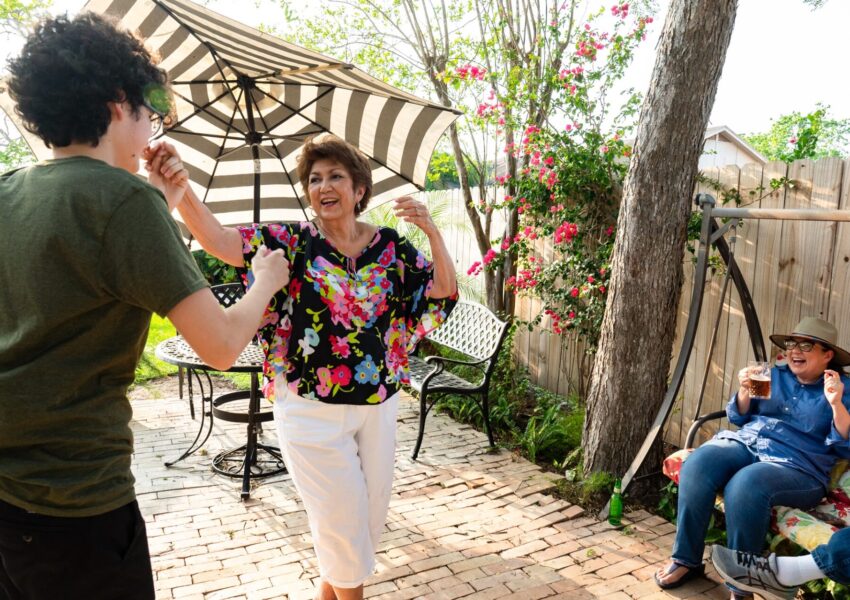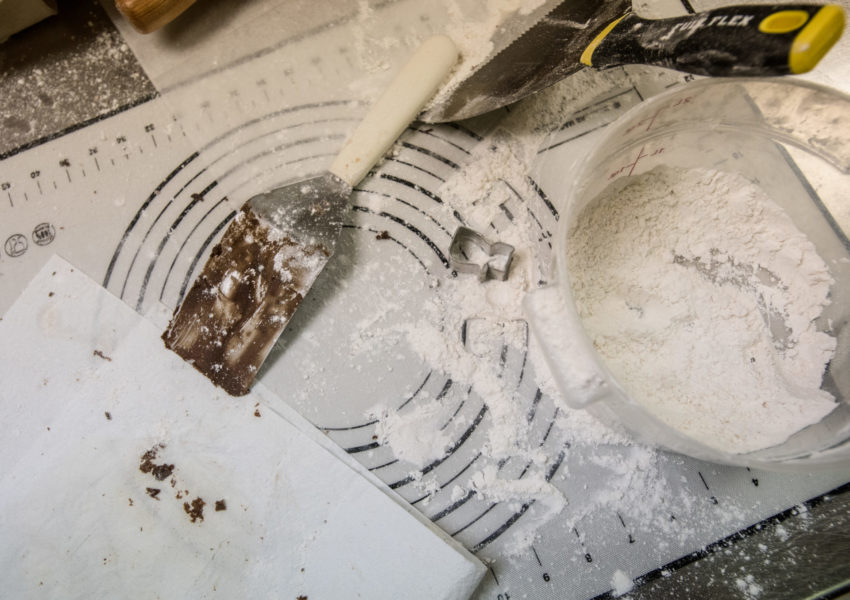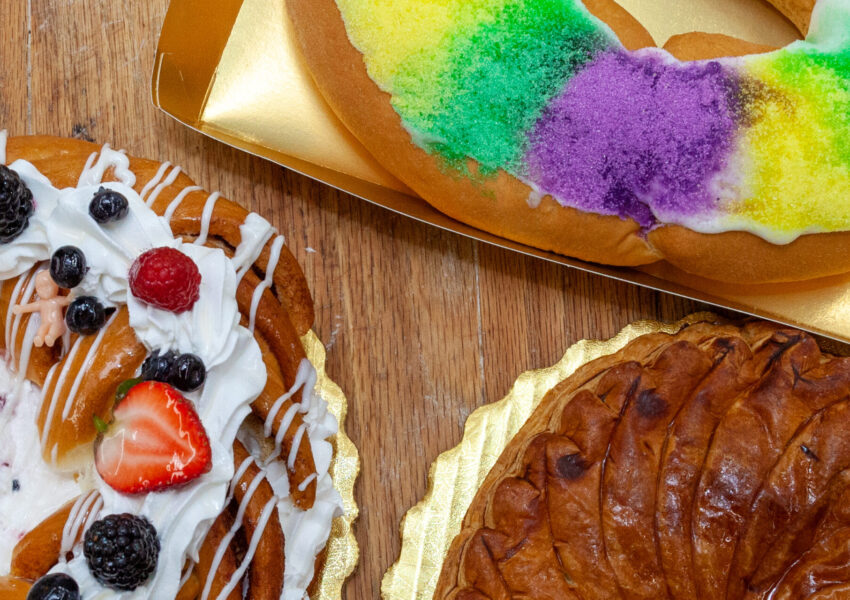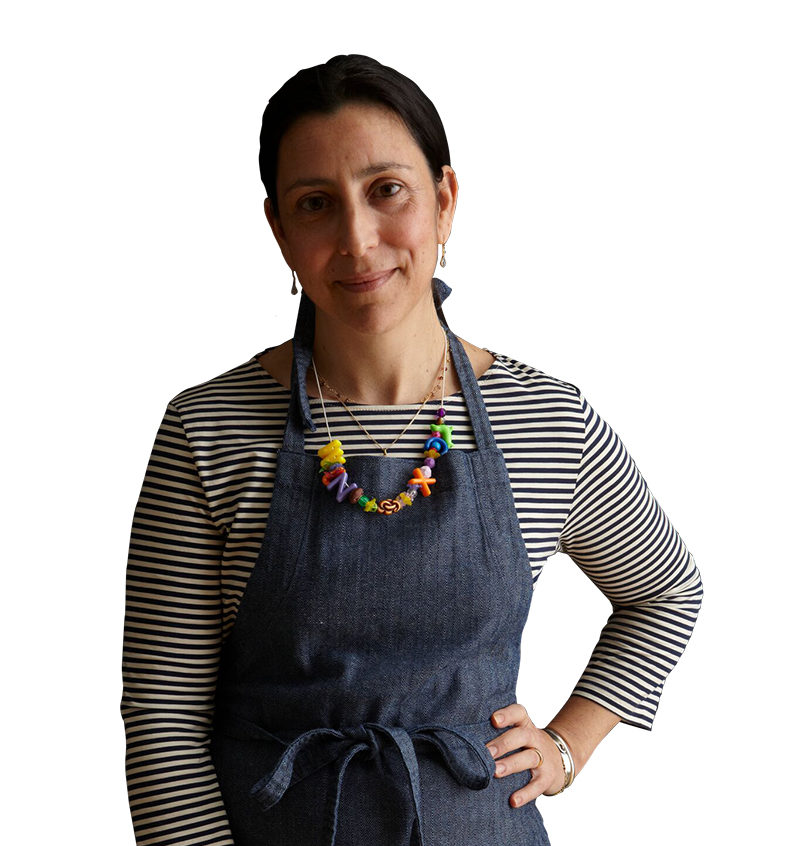Between the 1840s and 1910s, thousands of Czechs followed the promise of cheap land and a fresh start to Central Texas’s black land prairie. Here, they settled and built communities like West, Halletsville, Schulenburg, and La Grange. In these small towns, the descendants of those settlers continue to worship in painted churches and host polka dances over meals of klobasa, sauerkraut, and pivo.
Among the many links that bond these “Czech Belt” towns to the old country, few have proven as enduring as the kolache. A soft, pillowy pastry with yeasty dough and an open fruit or cheese-filled center, the kolache’s roots can be traced to Moravia. A well-made kolache has long stood as a symbol of Czech pride. Yet, it has also weathered many transformations in the Lone Star state and has developed an identity of its own.
This oral history collection seeks to explore some of the kolache’s evolutions through conversations with bakers who are living, working, and making kolaches today. All represent a diverse spectrum of backgrounds, and their perspectives help inform questions regarding this pastry’s future.
Home baker and blogger Dawn Orsak has dedicated years to the study of Texas-Czech foodways. This Houston-born Austin resident traces her roots to Moravia and passionately believes that food is a thread that connects to and informs her heritage. She especially feels this when preparing Christmas Eve dinner, or as it’s called in Czech, Štědrý Večer. “I think about my grandmother having made the same dishes, my great grandmother having made the same dishes,” she says. “It just sort of encapsulates those things like history and tradition and being Czech that make me who I am.”
Prague-born chef Denise Mazal says, “Kolaches actually come from a word, kulatý, which means rounds.” She also argues empathically that, “A kolach should be definitely round, not square; dense, not soft like a pillow; and golden brown, not a blonde color like Danish pastry.” Mazal’s ideal kolach differs from most of what is found in Texas today, as baker Lydia Mae Faust posits that a perfect kolach should “melt in your mouth.” The founder of the Caldwell Kolache Festival, Ms. Faust is revered as one of the “Grand Dames” of Texas-Czech baking and worked for decades as the owner of her hometown’s Snook Baking Company. Nearing ninety, she has made it a personal mission to share her knowledge with others as she believes the practice of scratch baking has become “a dying art.”
Echoing this sentiment is Lawrence Faldyn who has risen at midnight for nearly fifty years to single handedly prepare daily pastries at La Grange’s historic Lukas Bakery. Now in his seventies, he has his eyes set on retirement, but is holding out hope he can train an apprentice willing to run his bakery.
Yet commercial bakeries are thriving and have greatly impacted the public’s perception of kolaches. Rest stops like Hruska’s in Ellinger have made them beloved road snacks for highway commuters, while non Czech-owned chains like Shipley’s Donuts are credited with renaming meat filled “klobasnikys” or savory pastries as kolaches. While many express mixed feelings regarding this arguable co-option of the term kolache, one who defends this usage is Venezuela-born, Austin-based pitmaster Amelis Paz-Kerlin. “New York style pizza is still pizza,” she exclaims.
Vatsana Souvannavong reveals how artisan bakers from non-Czech backgrounds are discovering and experimenting with their own interpretations of kolaches. The owner of Koala Kolache in the Houston suburb of Cypress, Souvanovong never initially considered pursuing baking. Yet, she gushes that when she first tasted kolaches in 2018, “I fell in love.”
While all narrators express different beliefs about what kolaches are and how to perfect them, all united in their passion for kolaches and the opportunity they provide for expressing ideas, history, and identity through the creation of fillings and dough.
Sources:
Edge, John T. “The Kolache: Czech, Texan or All-American? (All Three).” The New York Times. October 7, 2013. https://www.nytimes.com/2013/10/09/dining/the-kolache-czech-texan-or-all-american-all-three.html?smid=nytcore-ios-share&referringSource=articleShare.












